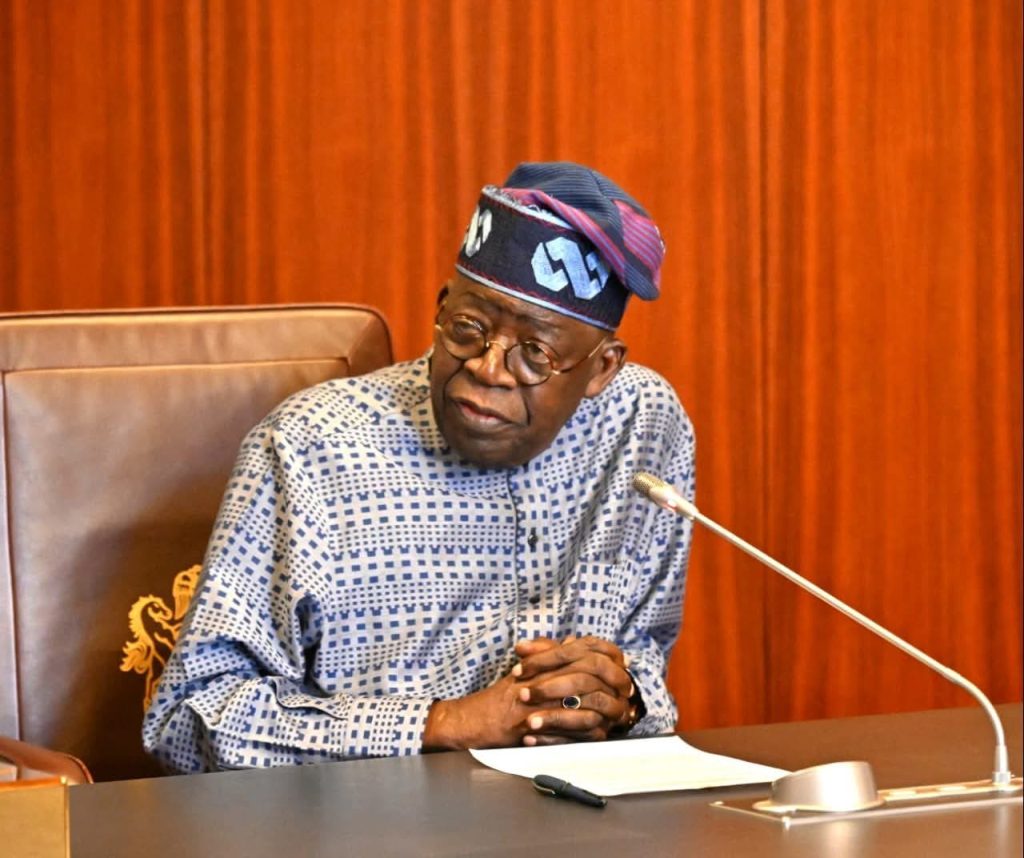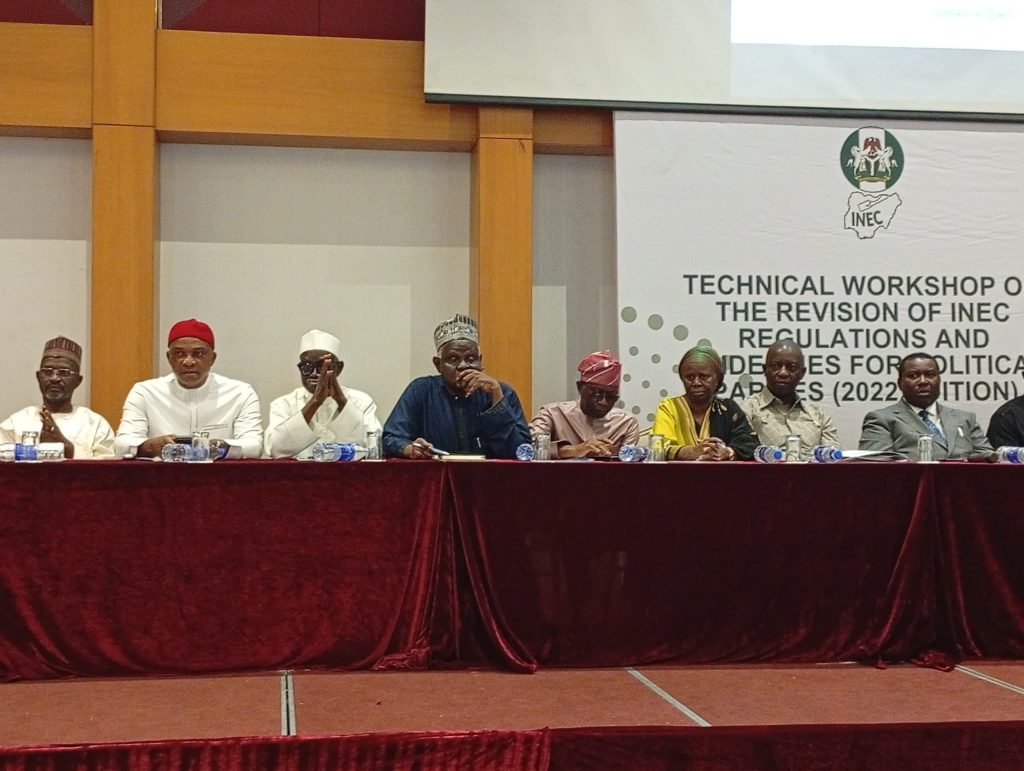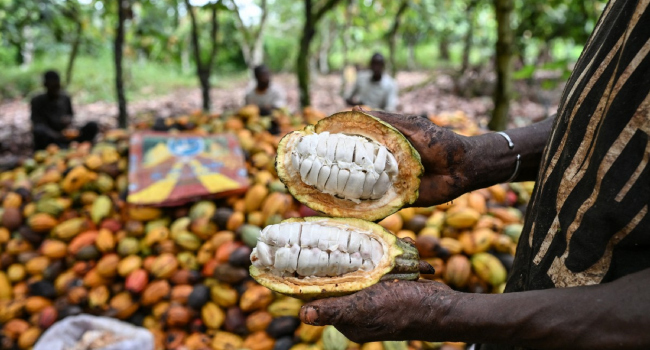Mozambique witnessed a turbulent start to its repeat elections, marred by arrests, assaults, and a low voter turnout. The repetition of the polls, called by the Constitutional Council due to fraud in the 11 October elections, encompassed Marromeu and parts of Guruè, Milange, and Nacala-Porto, with particular challenges apparent in Marromeu.
Police Violence and Arrests in Gurué
Trouble brewed in Gurué on the eve of the elections when a member of the New Democracy (ND) party was reportedly attacked by the police Rapid Intervention Unit (UIR) at the Cotxi primary school. Eyewitnesses recounted that the individual was brutalized for simply walking through the heavily guarded area, resulting in his hospitalization. Furthermore, citizens were apprehended on election morning at the Nacuecuè EPC, allegedly for causing a disturbance, only to be released hours later. The presence of police vehicles at the school further fueled tensions, casting a shadow over the electoral process.
Marromeu’s Ongoing Predicament
In Marromeu, a voter was apprehended for attempting to surreptitiously insert extra ballot papers into a polling station’s ballot box. Although the additional ballots were nullified, opposition supporters demanded the removal of the polling station presiding officer and secretary, alleging their complicity in the act. A policeman from Beira, scheduled to work in Marromeu during the elections, encountered obstacles when attempting to exercise his voting rights, adding to the chaos and confusion. The Mais Integridade civil society observation consortium reported restrictions on observation in at least 15% of the polling stations in Marromeu, with a dismal voter turnout exacerbating the challenges.
Challenges in Milange and Nacala-Porto
Milange experienced a relatively tranquil election process, save for two voter-empty polling stations and a scanty queue at another. The Renamo mayoral candidate attributed the low turnout to fear of police coercion, citing the constant presence and intervention of law enforcement personnel. Meanwhile, Nacala-Porto witnessed fluctuating turnout, with a reasonable influx at the onset, later dwindling to near emptiness at multiple polling stations, echoing the atmosphere of fear and intimidation seen in Milange.
Persisting Issues: Déjà Vu from 11 October
Observers noted a recurrence of issues that tainted the previous elections, including attempted fraud, contentious interactions between presiding officers and opposition candidates, and hindrances to observation. Reports of ballot box stuffing reinforced the apprehensions surrounding the electoral integrity. Moreover, discrepancies in the voters’ list further complicated matters, leading to the suspension of voting at certain polling stations in Gurué.
Conclusion
The repeat elections in Mozambique commenced amidst a backdrop of unrest and discord, with arrests, assaults, and attempts to compromise the integrity of the electoral process casting a long shadow. The challenges faced in Marromeu, Gurué, Milange, and Nacala-Porto underscore the arduous path toward achieving a free, fair, and transparent electoral exercise. As the nation grapples with these issues, the need for safeguarding the democratic process and upholding the rights of voters remains paramount.



